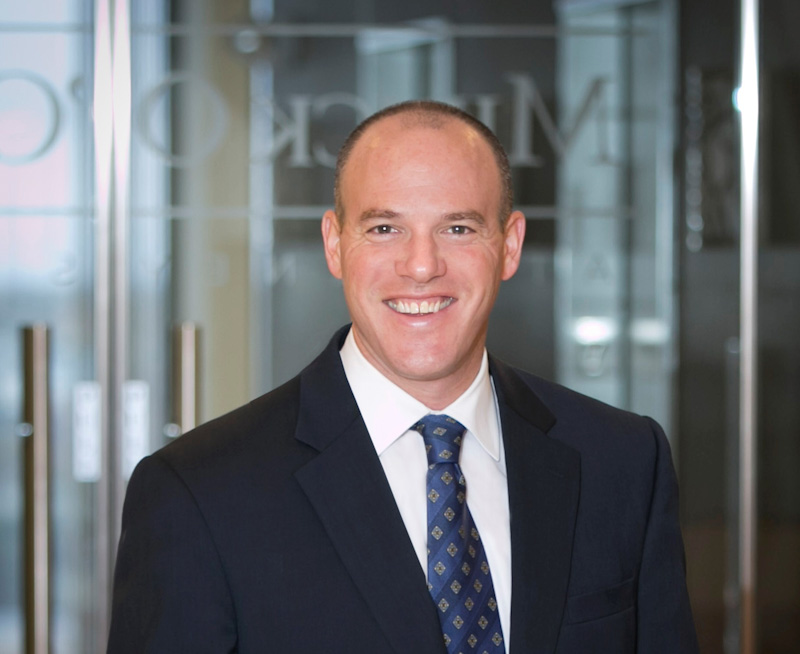Details of Harsh Interrogation Tactics Emerge in 'Torture' Memos
Four Justice Department memos released yesterday approving harsh interrogation techniques for terrorism suspects provide the most comprehensive look so far at the methods considered and sometimes used in secret overseas prisons.
Approved methods included refusing to allow detainees to sleep for 11 days, forced nudity, spraying detainees with 41-degree water, and confining detainees in small boxes, the New York Times reports. One approved practice, called walling, involved pressing a detainee’s shoulder blades against a fake wall, producing loud noises, according to the Washington Post.
A 2002 memo signed by Jay Bybee, a lawyer in the Justice Department’s Office of Legal Counsel, approved interrogation techniques that could be used against al-Qaida suspect Abu Zubaydah, including one that exploited his fear of insects. Bybee is now a federal appeals judge on the San Francisco-based 9th U.S. Circuit Court of Appeals.
The memo said it would be permissible to tell Zubaydah a stinging insect is being placed in a small box with him, while substituting a harmless insect such as a caterpillar. The technique was never used, officials said.
The Bybee memo also gave detailed legal approval for waterboarding, the New York Times says. The other three memos were signed by Steven Bradbury, chief of the Justice Department’s Office of Legal Counsel, in response to a request for legal advice from the CIA. A New York Times story published last month said Bradbury is now unemployed.
One of Bradbury’s memos addressed the issue of walling, according to the Post account. “A detainee may be walled one time (one impact with the wall) to make a point, or twenty to thirty times consecutively when the interrogator requires a more significant response to a question,” the memo said.
The memos were released with few redactions in response to a lawsuit by the American Civil Liberties Union and the Center for Constitutional Rights. The legal opinions were withdrawn by President Barack Obama in his second day in office.
Obama said CIA employees whose conduct was approved in the memos would not be prosecuted.
Write a letter to the editor, share a story tip or update, or report an error.


